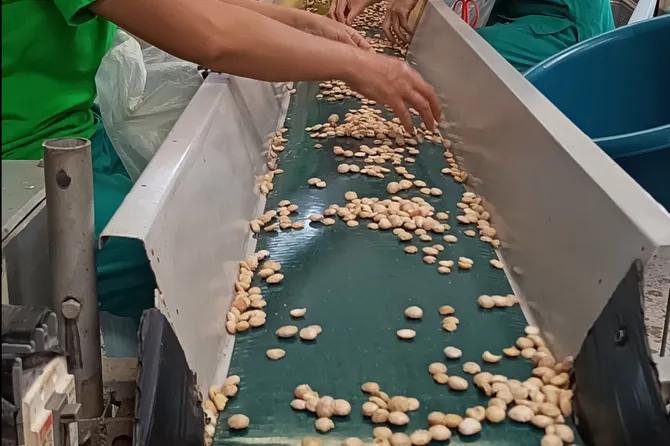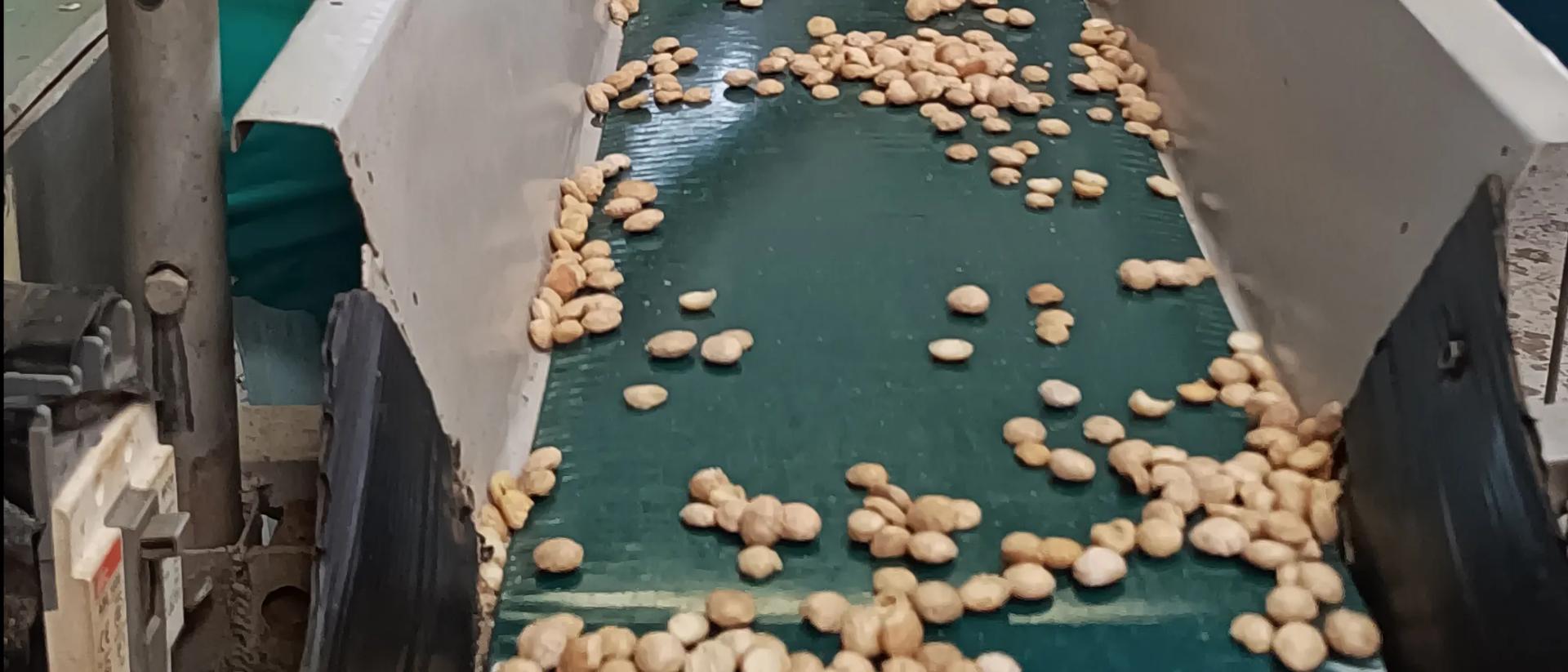Benin
Health
Training dogs to detect breast cancer, a method for screening disadvantaged women in Benin
Impact
News and Insights
The NutriLao program brings together the Institute for Research and Development (IRD) and the social enterprise Maï Savanh Lao (MSL). It aims to combat malnutrition, which particularly affects women and children in Laos. FID funding enables the optimisation of the nutritional and sanitary qualities and the production of Ready-to-Use Food (RUF) and Ready-to-Use Therapeutic Food (RUTF) made from local agro-ecological food resources and in a population-enterprise-research approach.
Project ported by:


According to UNICEF, approximately 9% of Lao children under the age of five suffer from severe acute malnutrition, and over a third from chronic malnutrition.
Situations of malnutrition are often chronic as they are related to structural causes such as poor access to food of adequate nutritional value and inappropriate feeding practices. They have consequences for children's cognitive development, adult capacities, morbidity and mortality in the population, as well as for the development and economic health of the state.
IRD combines a partnership approach between populations, companies and research with an agro-ecological approach to develop and produce ready-to-use food based on Sacha Inchi, a plant grown in Laos and exploited under the fair trade label by the social enterprise Maï Savanh Lao.
The proposed program is based on successful projects in Cambodia, where the "Nutrix" Ready-to-Use Therapeutic Food has been adopted by organizations including UNICEF and the Ministry of Health (Borg et al. 2020, Sigh et al. 2018), and in Vietnam, where the "HEBI" Ready-to-Use Therapeutic Food has achieved a success rate of 94.7% (Phuong et al. 2014). It aims to produce food for children suffering from severe acute malnutrition, which would also be used to improve the nutritional status of pregnant and breastfeeding women and prevent malnutrition.
FID's support focuses on improving the composition of ready-to-use therapeutic foods adapted to the preferences of the targeted vulnerable populations, and on raising awareness of the need for a diversified and sustainable diet.
The project, which is particularly gender-sensitive, includes women community leaders at the start and in the various stages of the project, in order to strengthen the appropriation and use of the Ready-to-Use Therapeutic Food within households and to accelerate behavioural changes towards a diversified diet.
Through the adoption of Ready-to-Use Food and Ready-to-Use Therapeutic Food, IRD’s project aims to contribute to a sustainable food system by promoting the use of local agroecological products to make up economically accessible nourishment for the most vulnerable populations.
A research team from IRD visited Ban Keun and surrounding villages in Vientiane province to carry out an adaptability study among 62 families in order to identify the cereal bar formulations most appealing to Laotian rural consumers, and also to understand ready-to-eat food consumption habits. The aim of the survey was to assess the integration of ready-to-eat foods into family diets.
Do you have any questions about FID? Check out our Q&A!
Projects
Projects funded by FID